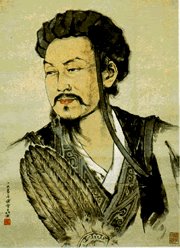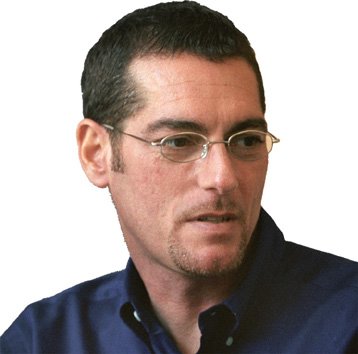September 2000 ushered in the start of the second Palestinian uprising (Intifada). The ensuing years of violence, and Israel's subsequent military responses, have drawn harsh international criticism. As a result of this ongoing conflict Israel’s global image has been tarnished. Israel in a nutshell is represented by soldiers, bombs, destruction and religious zealots. Not a place any tourist would choose as a pleasure destination.
To Israel's advantage any visitor to the country immediately acknowledges the fact that there is a discrepancy between image and reality. Israel would not be the first or last country in the world to suffer from the emphasis of the international media to focus on the extreme. We all remember what the movie 'Midnight Express' did to Turkey.
The Israeli tourism industry is struggling today with the nation's image problem. As a mid-hull tourist destination Israel is engulfed by several competitors in the Mediterranean Sea. All which are doing an excellent job in promoting their unique positioning. Egypt with the 'Red Sea Dreams' campaign. Beirut as a cool night life destination (before the 2006 war). Turkey as the gateway between East and West.
Israel as a nation brand is debating what positive story to sell. Advocates of the first narrative want to continue emphasizing Jerusalem and the Holyland symbolism in the background. Used to the extreme for the last 40 years, unfortunately with little success. The alternative narrative sells a more up-to-date modern version of the country. Emphases the Med, Red & Dead Seas, cool Tel Aviv and gay Israel. These two conflicting narratives are fighting for the center stage.
 The Israeli gay community of course believes in cool gay Tel Aviv, as a unique selling proposition. There are just a few tourist urban destinations around the globe, situated on the sea with beaches in walking distance, a vast culture infrastructure and a young vibrant gay scene.
The Israeli gay community of course believes in cool gay Tel Aviv, as a unique selling proposition. There are just a few tourist urban destinations around the globe, situated on the sea with beaches in walking distance, a vast culture infrastructure and a young vibrant gay scene.The Israeli LGBT tourism industry has a lot of work ahead to do in order to succeed. Which of the two narratives will prevail we have yet to see: Holy Jerusalem or Gay Tel Aviv.



